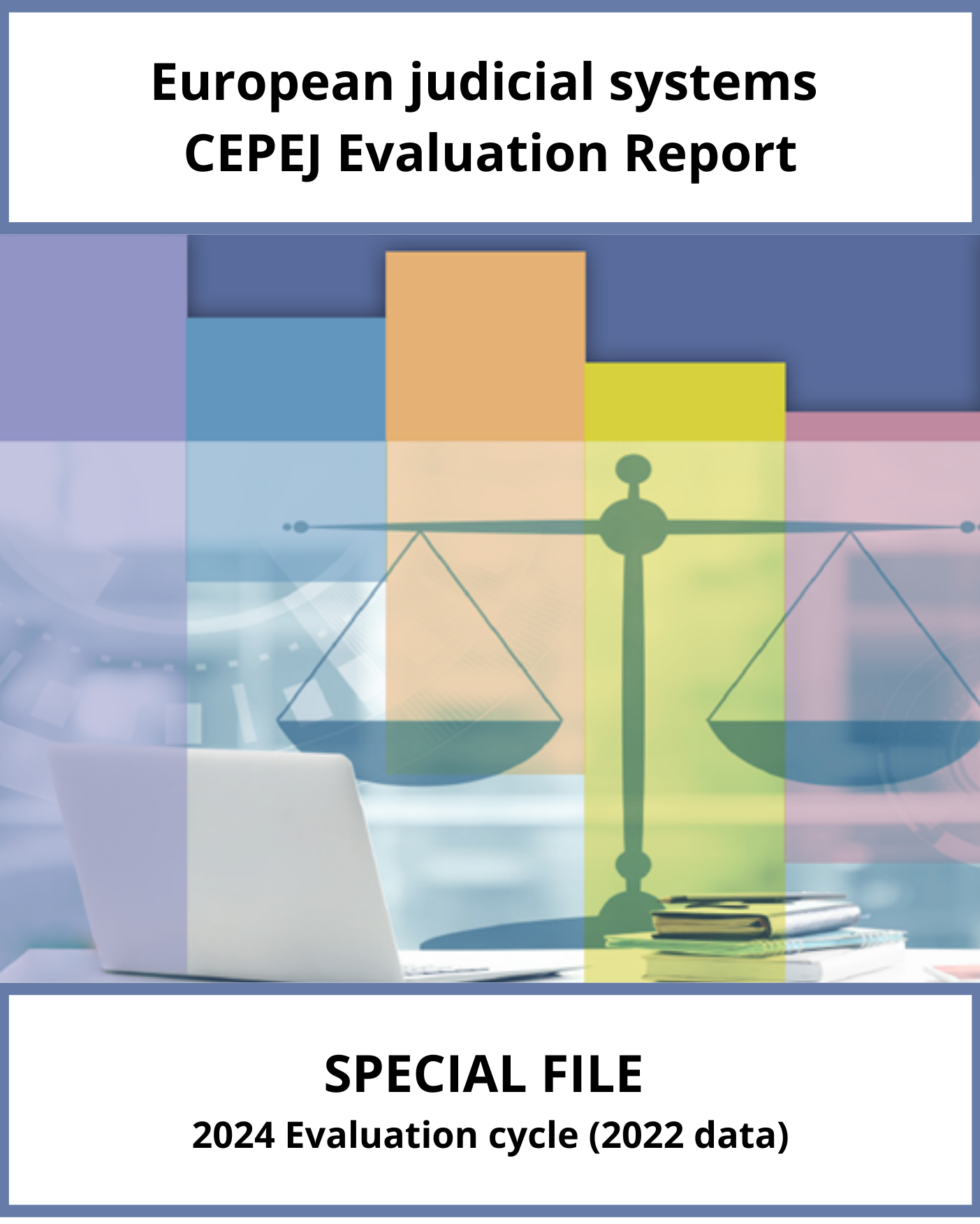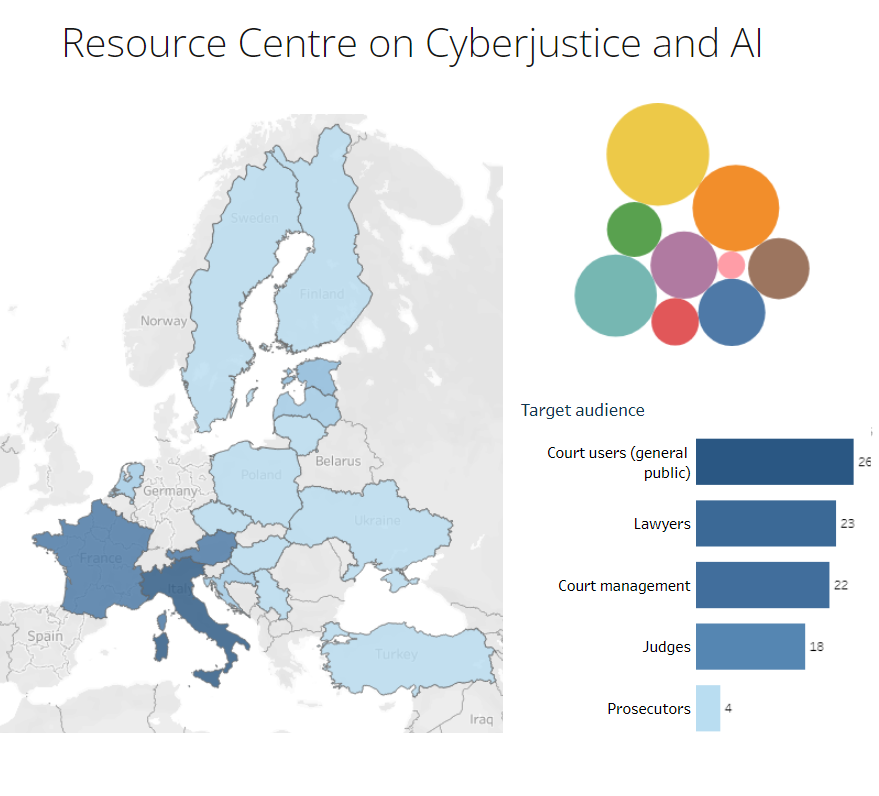CEPEJ European Ethical Charter on the use of artificial intelligence (AI) in judicial systems and their environment

The European Commission for the Efficiency of Justice (CEPEJ) of the Council of Europe adopted in December 2018 the first European text setting out ethical principles relating to the use of artificial intelligence (AI) in judicial systems.
The Charter provides a framework of principles that can guide policy makers, legislators and justice professionals when they grapple with the rapid development of AI in national judicial processes.
The CEPEJ’s view as set out in the Charter is that the application of AI in the field of justice can contribute to improve the efficiency and quality and must be implemented in a responsible manner which complies with the fundamental rights guaranteed in particular in the European Convention on Human Rights (ECHR) and the Council of Europe Convention on the Protection of Personal Data. For the CEPEJ, it is essential to ensure that AI remains a tool in the service of the general interest and that its use respects individual rights.
The CEPEJ has identified the following core principles to be respected in the field of AI and justice:
Principle of respect of fundamental rights: ensuring that the design and implementation of artificial intelligence tools and services are compatible with fundamental rights;
Principle of non-discrimination: specifically preventing the development or intensification of any discrimination between individuals or groups of individuals;
Principle of quality and security: with regard to the processing of judicial decisions and data, using certified sources and intangible data with models conceived in a multi-disciplinary manner, in a secure technological environment;
Principle of transparency, impartiality and fairness: making data processing methods accessible and understandable, authorising external audits;
Principle “under user control”: precluding a prescriptive approach and ensuring that users are informed actors and in control of their choices.
For the CEPEJ, compliance with these principles must be ensured in the processing of judicial decisions and data by algorithms and in the use made of them.
The CEPEJ Charter is accompanied by an in-depth study on the use of AI in judicial systems, notably AI applications processing judicial decisions and data.
Link to the European Ethical Charter on the use of artificial intelligence in judicial systems
Interview with Georg Stawa, former President of the CEPEJ about the European Ethical Charter on the use of artificial intelligence in judicial systems
Resources
- How to protect ourselves from the dangers of artificial intelligence - Human Rights Channel of the Council of Europe
- Conference "Artificial intelligence at the service of the judiciary"
This conference gathered together representatives from academia, justice professionals, judicial institutions from different European countries and the Republic of Latvia to explore how artificial intelligence can be used to support the work of legal professionals and the courts and guarantee a better quality of justice. The Conference took place in Riga (Latvia), on 27 September 2018. - Study Session: Artificial Intelligence and Judicial Systems
The CEPEJ has invited the best European experts to present the current and future challenges of AI on 27 June 2018. - Study session: Leading Change to Cyberjustice
This file is based on a study session organised by the CEPEJ on 10 December 2015 at the 26th plenary meeting in Strasbourg and allowed presentation of ITC tools in the field of justice.
Collaborative workspaces:







